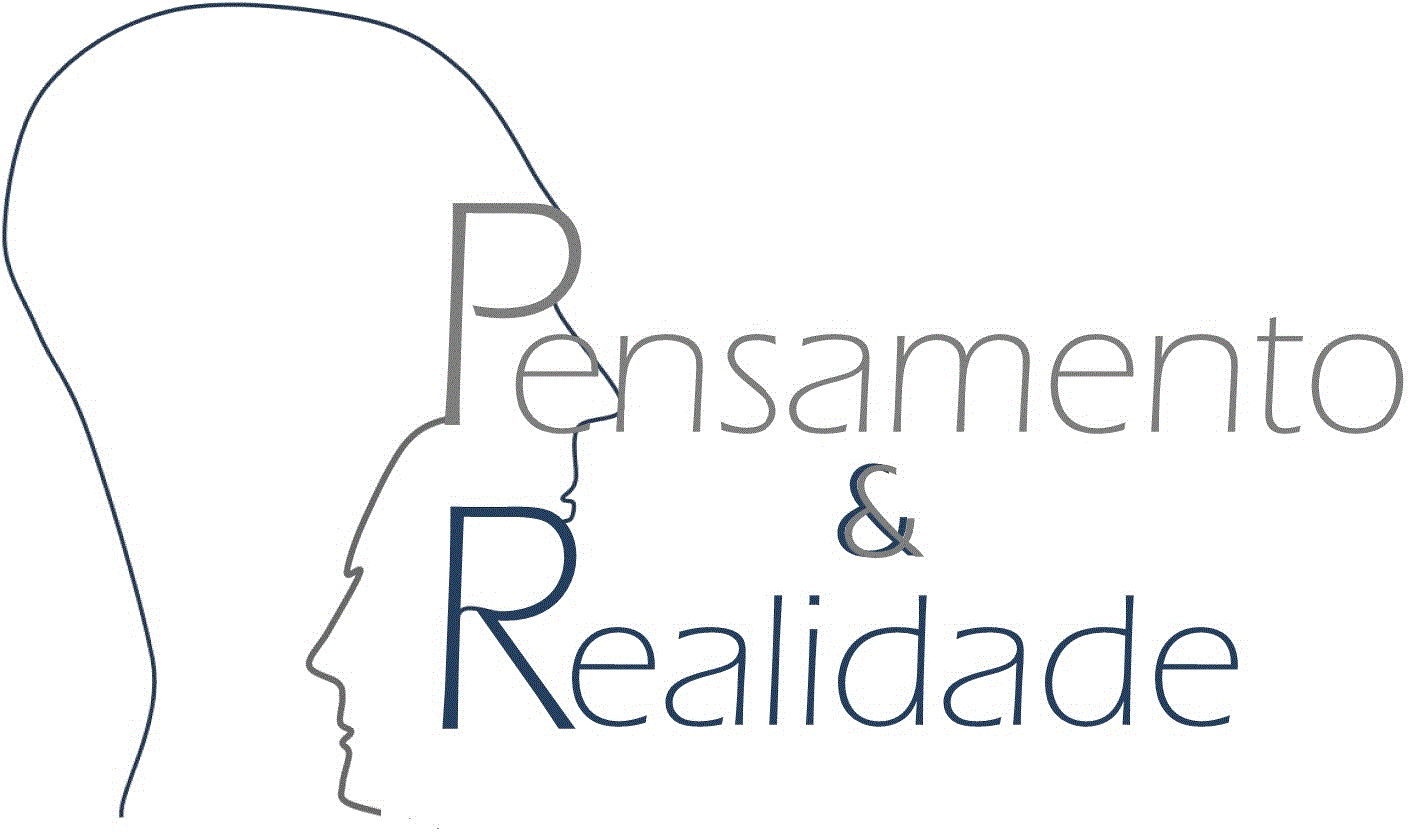Quando os autores se organizam para desorganizar
uma revisão integrativa sobre o trabalho de interrupção de práticas institucionalizadas
DOI:
https://doi.org/10.23925/2237-4418.2020v35i3p.70-86Palavras-chave:
Teoria Institucional, Trabalho Institucional, DesinstitucionalizaçãoResumo
Este estudo tem como objetivo a realização de uma revisão integrativa da literatura sobre o processo de desinstitucionalização. Buscou-se compreender os avanços nos trabalhos que tenham como base de discussão sobre o trabalho de desinstitucionalização. Lawrence e Suddaby (2006) apontam para necessidade de trabalhos sob à ótica do trabalho institucional, sobretudo de estudos empíricos. Como caminho metodológico, realizou-se uma revisão integrativa da literatura internacional sobre o trabalho institucional de desinstitucionalização nas bases internacionais de periódicos indexadas ao portal de periódicos Capes, Scopus e Web of Science. A revisão integrativa apontou não só situação do campo com seus temas maduros e emergentes, como os aspectos teóricos e metodológicos, mas também novos direcionamentos para o campo. Ao todo, foram integralizados nove estudos empíricos. Como campo emergente, observou-se a pluralidade de campos institucionais no processo de investigação de práticas de desinstitucionalização, o que corrobora para necessidade de maior atenção abordagem no trabalho institucional com aproximação de outras abordagens teóricas. Os estudos analisados apresentam desafios a serem explorados no campo da Teoria Institucional, o que demonstra ser um campo aberto para diálogo com outras abordagens.Referências
BATTILANA, J.; D'AUNNO, T. Institutional Work and the Paradox of Embedded Agency. In: LAWRENCE, T. B.; SUDDABY, R.; LECA, B. Institutional work: actors and agency in institutional studies of organizations. Cambridge: Cambridge University Press, 2009. Cap. 2, p. 31-59.
BOTELHO, L. L. R.; CUNHA, C. C. A.; MACEDO, M. O método da revisão integrativa nos estudos organizacionais. Revista Eletrônica Gestão e Sociedade, v. 4, n. 11, p. 121-136, 2011.
BOUMA, G. Distinguishing institutions and organisations in social change. Journal of Sociology, v.3, n. 3,p. 232–245, 1998.
CANNON, S. M.; DONNELLY-COX, G. Surviving the Peace: Organizational Responses to Deinstitutionalization of Irish Peacebuilding. Nonprofit and Voluntary Sector Quarterly, v. 44, n. 2, p. 360-378, 2015.
CHAUDHRY, S.; RUBERY, J. Why do established practices deinstitutionalize? An actor- centered approach. British Journal of Management, v. 00, p.1-20, 2017.
DIMAGGIO, P. J.; POWELL, W. W. Introduction. In: POWELL, W.W.; DIMAGGIO, P. J.
The new institucionalism in organizational analysis. Chicago: University of Chicago Press, 1991. p. 1-38.
GILMORE, S.; SILLINCE, J. Institutional theory and change: the deinstitutionalisation of sports science at Club X. Journal of Organizational Change Management, v. 27, n. 2, p. 314-330, 2014.
HASSELBALCH, J. Professional disruption in health regulation: electronic cigarettes in the European Union. Journal of Professions and Organization, v. 3, n. 1, p. 62-85, 2016.
HUQ, J.-L. Conditioning a Professional Exchange Field for Social Innovation. Business & Society, v. 58, n. 5, p. 1047–1082, 2019.
JARVIS, L. C.; GOODRICK, E.; HUDSON, B. A. Where the heart functions best: Reactive– affective conflict and the disruptive work of animal rights organizations. Academy of Management Journal, v. 62, n. 5, p. 1358-1387, 2019.
KARAM, C.; JAMALI, D. (2013). Gendering CSR in the Arab Middle East: An Institutional Perspective. Business Ethics Quarterly, v. 23, n. 1, p. 31-68, 2013.
LAWRENCE, T. B.; SUDDABY, R. Institutions and Institutional Work. S. R. CLEGG, C. HARDY, T. B. LAWRENCE; W.R., NORD (eds.) Handbook of Organization Studies. 215-254. Sage. March, JG (1991) Exploration and Exploitation in Organizational Learning. Organization Science, v. 2, n. 1, p. 71-87, 2006.
LAWRENCE, T. B.; SUDDABY, R; LECA, B. Introduction: theorizing and studying institutional work. In Institutional Work: Actors and Agency in Institutional Studies of Organizations.
Cambridge: Cambridge University Press, 2009.
LAWRENCE, T. B.; SUDDABY, R; LECA, B. Institutional work: Refocusing institutional studies of organization. Journal of Management Inquiry, v. 20 n.1, p. 52-58, 2011.
LAWRENCE, T. B.; LECA, B.; ZILBER, T. B. Institutional Work: Current Research, New Directions and Overlooked Issues. Organization Studies, v. 34, n. 8, p. 1023-1033, 2013.
MAGUIRE, S.; HARDY, C. Discourse and Deinstitutionalization: The Decline of DDT. The Academy of Management Journal, v. 52, n. 1, 148-178, 2009.
MOTHERWAY, D.; PAZZAGLIA, F.; SONPAR, K. Failures in Regulator-Led Deinstitutionalization of Questionable Business Practices. Journal of Business Ethics, v. 149, n. 3, p. 627-641, 2018.
OLIVER, C. Strategic Responses to Institutional Process. Academy of Management Review, v. 16 n. 1, p. 145-179, 1991.
OLIVER, C. The antecedents of deinstitutionalization. Organization studies, v. 13, n. 4, p. 563- 588, 1992.
PECI, A. A nova teoria institucional em estudos organizacionais: uma abordagem crítica.Cadernos EBAPE.BR, v. 4, n. 1, p. 1-12, 2006.
PEREIRA, F. A. M.A evolução da teoria institucional nos estudos organizacionais: um campo de pesquisa a ser explorado. Revista Organizações em Contexto, v. 8, n. 16, p. 275-295, 2012.
SCOTT, W. R. Institutions and organizations: Ideas, interests, and identities. Thousand Oaks, CA: Sage, 2013.
TORRACO, R. J. Writing Integrative Literature Reviews: Guidelines and Examples. Human Resource Development Review, v. 4, n. 3, p. 356–367, 2005.
TORRACO, R. J. Writing Integrative Literature Reviews: Using the Past and Present to Explore the Future. Human Resource Development Review, Vol. 15, n. 4, p. 404-428, 2016.
Downloads
Publicado
Como Citar
Edição
Seção
Licença
Copyright (c) 2020 Pensamento & Realidade

Este trabalho está licenciado sob uma licença Creative Commons Attribution-NonCommercial 4.0 International License.
Os autores concedem à revista todos os direitos autorais referentes aos trabalhos publicados. Os conceitos emitidos em artigos assinados são de absoluta e exclusiva responsabilidade de seus autores.

